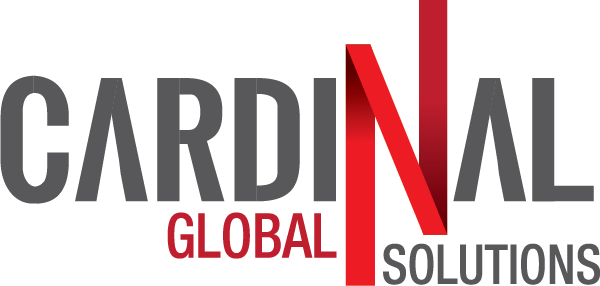On Startups and The Pitfalls of Your First Year in Business and How To Avoid Them
Taking on a business frontier is not a thing for the faint of heart. If anything, it needs an insane amount of courage, limitless passion, and some vision. However, the high that comes with opening up your first business is always accompanied by agonizing lows and quite a number of blows that just might be hard to cushion. But the key to surviving all of these? Humility. period.
An article from Inc. sums it up best. They’ve invited my son, Chris Cardinal, yes related, an entrepreneur, his entire life, founder and CEO of Synapse Studios, an app development company, making the Inc. 5000, for 4 consecutive years to share his insights. Given the highs and lows of his company’s 19-year rise, he would certainly qualify as a Subject Matter Expert.
There’s a lot to brace for when running a startup. You can expect to be smashed and hit in the back by stressors, many of which you never see coming. On top of that, you have to balance multiple priorities in a “plate-spinning” exhibition that would make the county fair acts look professional. You eventually, if you’re lucky, begin to realize that the passion you started with can’t keep you afloat alone.
Chris outlined five ways to get you started and running well in your first year of business. At first glance, you might say that these things have been said by others before. But there’s a reason why they’re always repeated – because so many founders make the same mistake. Let me tell you why what he said is substantial and will always ring true.
Research Is Indeed Your Friend
Here, Chris stipulated the importance of feedback and changing accordingly. The best thing research can give you is to help you validate your idea or concept and determines what works and what needs correcting. This way, you’ll know if your product works the way it should change it to fit the market better, or scrap everything and get a new one.
Chris even went as far as suggesting the use of prototypes. Deliver a small batch to a sample audience and then record data and feedback from there. While it could take a bit of time, the results will definitely save you from a ton of headaches. The data you can retrieve from these prototypes will help you by a longshot rather than using an actual product that A, costs more, and B, it might end up not working for your business.
First Empty Your Cup
While you may have substantial knowledge about your product or service, and the entire landscape of business, to be the best you must empty your cup. Don’t disregard suggestions and knowledge just because you think you know things already. You don’t. The great irony in business is that what you might know now, might not be applicable the next fiscal year.
It’s important to let your current knowledge and assumption be challenged in a way that encourages you to test them or change them. Chris said it the best in the article, “The more open you are to take in new information that you didn’t expect, the more effective you’ll be in the long run.”
Mentoring Is Key
In life, experience is the best teacher. In business, the EXPERIENCED is the best teacher. While failure can be necessary but avoiding it is entirely normal, and you could do just that by learning from others’ failures. Mentors who are business experts know more about failure and success than anyone. They’re the most reliable source of information you can get.
Here is where humility comes in. Many start-up founders do not have the humility to hire a coach or mentor, they don’t know the value they can get from them. A mentor’s knowledge is worth a thousand unnecessary trial errors in your processes. And if you’d rather be a part of a group than a one-on-one coaching deal, join groups.
Set Up Your Systems And Then Rethink Accordingly
Establishing systems and workflows as you start and go along the daily in your business, you can already see what needs tweaking and what needs to stay as is. At this early on in your business, it is vital to take notice of the entire picture. You don’t need to rectify things right away, you might end up overthinking things.
Let the systems and processes run their course as your business calcifies in the first few months. This way you can see how you can change them in the future, especially when your business expands. It’s like stepping back and looking at everything you’ve built so far, seeing how it works now, and forecasting how it can work better in the future. Here is where your creativity comes in. However, as Chris said, “Slow and steady often wins the race when it comes to sweeping changes.”
Business Is Like Chess
Chess is a game of calculation and decision-making – Business is exactly the same, except it’s not a game anymore. Unless you want it to be fun. Chris said it best when he used how chess is a perfect metaphor for business: you must be able to see several moves ahead. Imagine the best and worst-case scenarios and then make decisions accordingly.
Playing out scenarios in business will save you countless efforts in risk reduction and disaster management. Chris suggested conducting a SWOT analysis, there’s a reason why this is a rite of passage in business school. A good Strength, Weaknesses, Opportunities, and Threats Analysis allows you to see the probable future and inspires action to create several moves ahead.
While doing these analyses is hard, it raises awareness of what looms on the horizon, whether it’s a dark cloud of economic crises or a sunshine of future trends. Whatever that is, a true chess master is well-planned and prepared.


Recent Comments